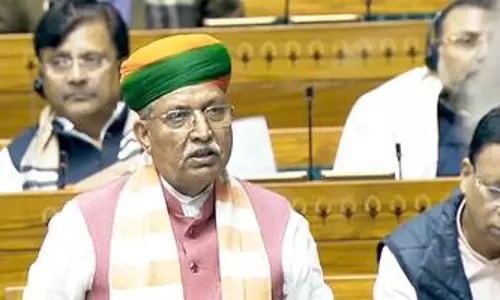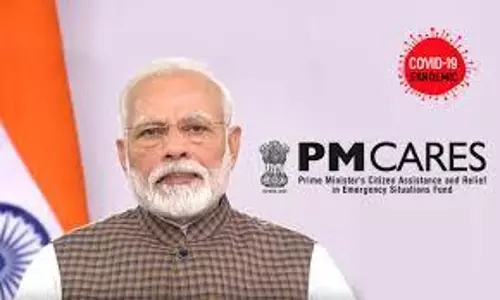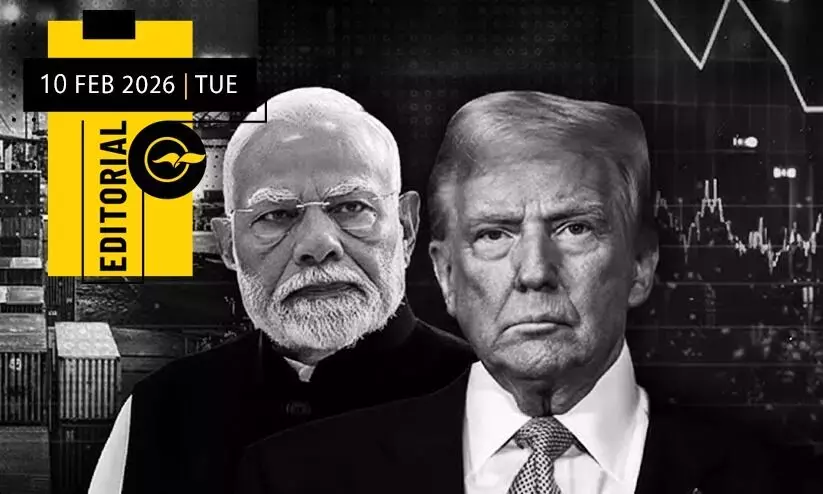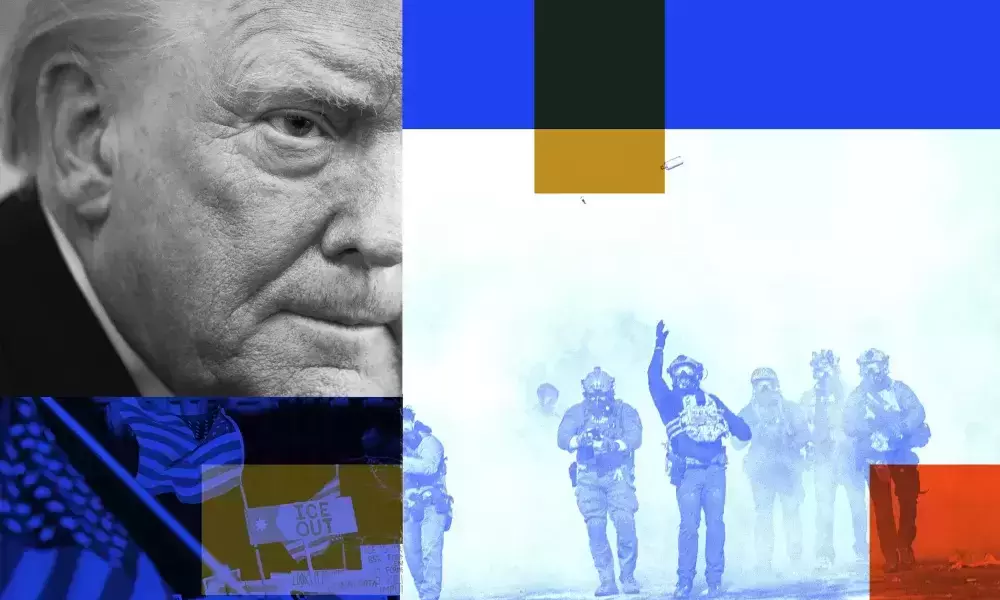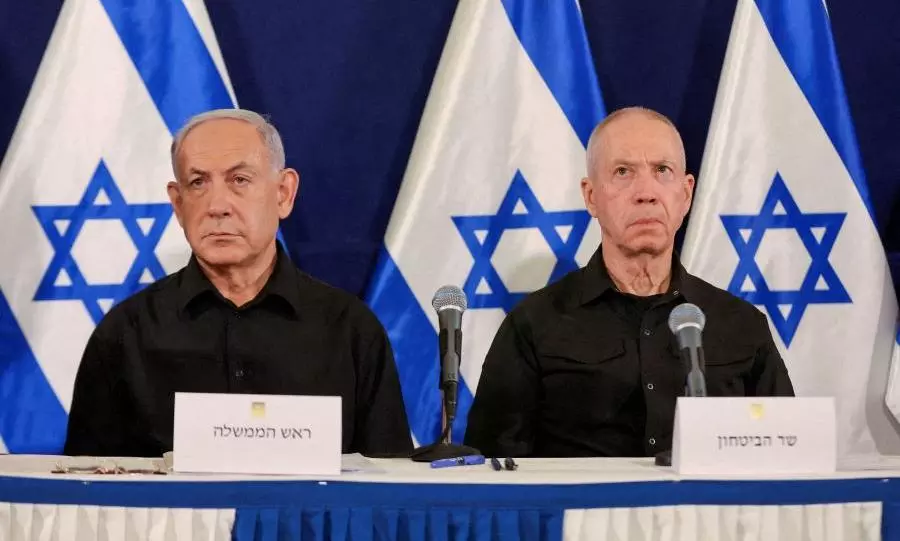
ICC arrest warrant against Netanyahu: Global reactions
text_fieldsThe International Criminal Court (ICC) has issued arrest warrants for Israeli Prime Minister Benjamin Netanyahu and former Defence Minister Yoav Gallant, accusing them of "war crimes" related to the ongoing conflict in Gaza.
The court’s decision, made public on Thursday, states that there are "reasonable grounds" to believe that the Israeli leaders intentionally deprived Gaza’s civilian population of essential resources needed for survival.
Alongside Netanyahu and Gallant, an arrest warrant was also issued for Hamas military chief Mohammed Deif, who is accused of “crimes against humanity and war crimes.” However, Israel had previously reported Deif’s death in an airstrike in southern Gaza in August.
This move follows an application filed six months ago by ICC Prosecutor Karim Khan, who had urged the court to expedite its decision, citing concerns that delays would harm the rights of victims.
Israel has vehemently rejected the warrants, with Netanyahu’s office condemning the decision as "anti-Semitic" and an example of political bias masked as justice. Israeli officials compared the ICC’s actions to the wrongful conviction of Alfred Dreyfus, a Jewish army officer wrongly accused of treason in France in the 19th century, calling it a modern-day version of that infamous case, Al Jazeera reported.
The Palestinian Authority, which governs the West Bank, has welcomed the ICC’s decision, viewing it as a hopeful sign for international law and accountability. They have called on ICC member states to sever diplomatic relations with Netanyahu and Gallant in light of the charges.
Meanwhile, residents in Gaza have expressed scepticism about the impact of the arrest warrants, with many believing that the US, a steadfast ally of Israel, would ultimately undermine the process. These concerns are rooted in the perception that Washington’s strong support for Israel might influence the outcome of international proceedings.
International reactions to the ICC’s decision have been mixed. While some nations, such as South Africa, Canada, and several European Union member states, have expressed support for the court’s ruling, others have criticized the decision.
South Africa, in particular, has hailed the arrest warrants as an important step towards justice for crimes committed in Palestine, reaffirming its commitment to international law. The European Union, through its Foreign Policy chief Josep Borrell, has emphasized that the decision is binding on member states, urging them to respect and implement the warrants.
Conversely, countries such as Hungary and Argentina have condemned the ICC’s decision. Hungarian officials described the warrants as “shameful and absurd,” equating Israeli leaders with those of Hamas, the group accused of orchestrating terrorist attacks.
Argentina, meanwhile, criticized the warrants for disregarding Israel’s right to self-defence against Hamas and Hezbollah, both of which have been designated as terrorist organizations.
The United States, a long-time ally of Israel, has also rejected the ICC’s authority over this matter, with a spokesperson from the White House expressing concerns about what they see as procedural flaws in the decision-making process.
The US maintains that the ICC does not have jurisdiction over Israeli officials, a stance that has drawn criticism from international human rights groups such as Amnesty International. The organization has praised the ICC’s decision, stating that those responsible for war crimes and crimes against humanity should not be allowed to escape justice.








